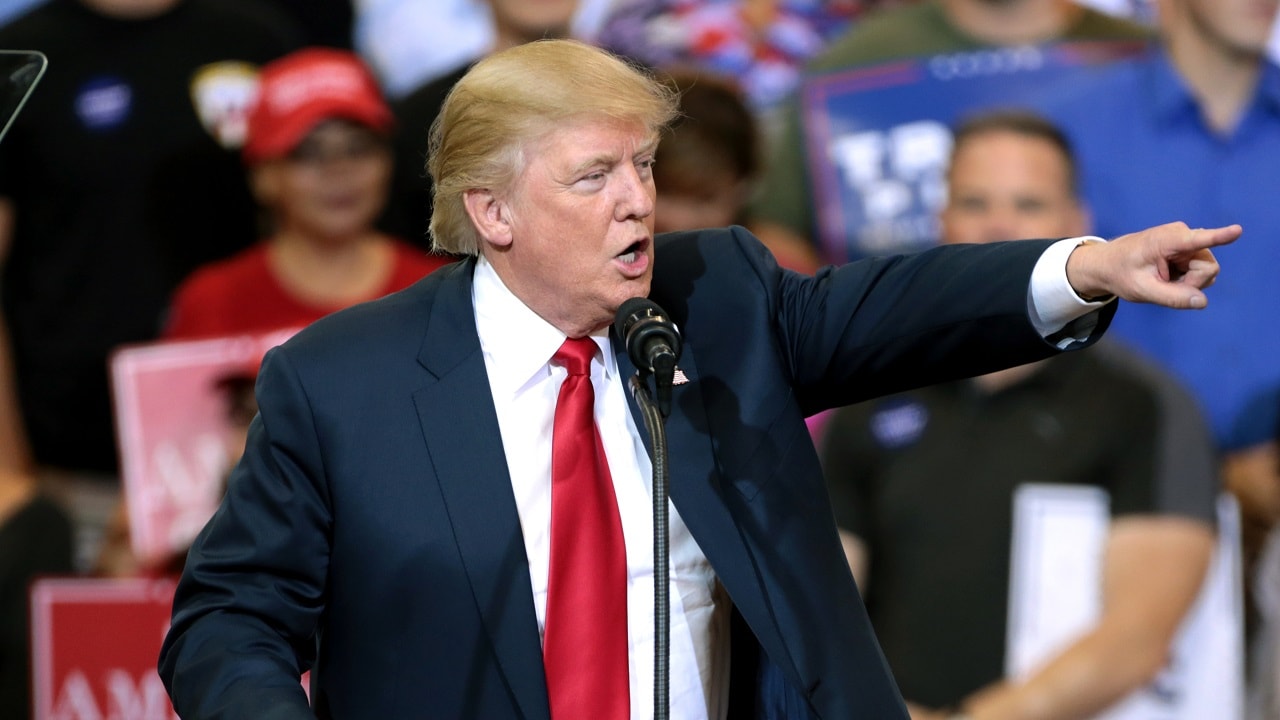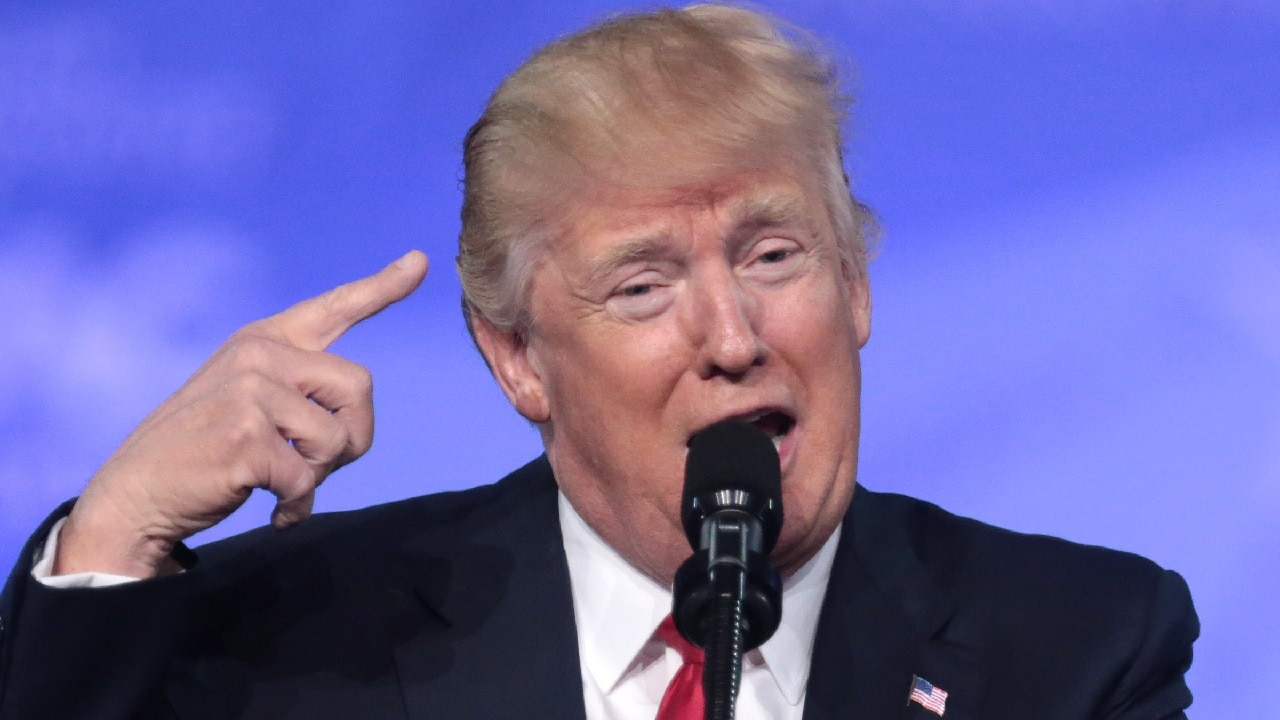Since the beginning of the year, as Donald Trump approached his second presidential term, he has engaged in an increasingly curious campaign of intimidation and even bullying against US partners in the Western Hemisphere. Just this week, he threatened, once again, to take Greenland. He continues to suggest that Canada should join the United States as America’s fifty-first state. For good measure, he has also threatened to re-take the Panama Canal from Panama (which the US returned in 1999), bomb Mexico as part of a campaign against that country’s drug cartels, and sanction Colombia over migrant deportation.
Panama and Greenland Threats: What Is Donald Trump Doing?
This is a startling and rather bizarre foreign policy course.
Trump did not campaign on any of these issues. There is no public opinion data to suggest his voters wanted this, and Trumpist media elites have struggled to generate back-rationalizations for his behavior.
More importantly, this belligerence is a violation of Trump’s ostensible anti-war views, which distinguish him from the hawks and neoconservatives of the traditional US parties. Vice President J. D. Vance has long argued this about Trump, for example.
Attacking US Neighbors Would Generate Insurgencies in America’s Backyard
Yet Trump is now threatening to use military force not just in far-away conflicts, but right next door. Were America to actually invade Panama or Canada, those attacks would provoke insurgencies against US occupation. Trump would re-create, right in America’s neighborhood, the very ‘forever wars’ he promised to end.
America’s ability to challenge the ‘axis of upheaval,’ most notably China, would be dramatically reduced as it fought long, small wars in its backyard.
Because of this, no one actually believes Trump would attack US neighbors.
If true, though, that raises the question of why Trump is bullying America’s neighborhood to begin with. If he does not intend to attack or absorb these areas, then what is the point of provoking America’s neighbors?
Typically, countries want decent relationships with their neighbors. Peace at home makes it easier to project power abroad. Instead, Trump is stirring up a lot of local antagonism.
Unless he actually intends to take over Canada, Greenland, the Panama Canal, and so on, all this conflict serves no apparent foreign policy purpose.
In Greenland, for example, the US already gets most of what it wants. Threatening it just encourages it to dissociate with Washington. That loss could be undone if the US were to actually annex the territory to itself. But since that is unlikely too, Trump’s threats return the worst of both worlds: an alienated, unabsorbed partner.
In short, neighborhood bullying creates lots of local tension, encourages neighbors to cease cooperation with America to retaliate, and, most worryingly, encourages them to hedge the U.S. and flirt with China.
Donald Trump’s Psychic Need for Dominance Displays
If there is no international logic to Trump’s threats – he will not actually invade these countries – and if there is no domestic logic either – no one in his coalition was talking about annexing Greenland or the Canal until Trump mentioned it – then most likely explanation is one internal to Trump himself.
Structural forces may shape big outcomes in world politics, but individual leaders have space within those to pursue all sorts of eccentric behavior. In democracies, chief executives often enjoy wide latitude in foreign policy, and Trump’s domestic support in the US borders on a cult. Republican elites and voters will remain loyal no matter what Trump does.
All of which suggests that bullying small, weak states is Trump’s genuine belief about how international politics works or should work. It is a jungle out there, and the strong rule. Trump believes this in domestic politics, too, where he has repeatedly forced uncomfortable Republican elites to defer to him or face a Trumpist opponent in a primary. Dominance, displayed aggressively and repeatedly, appears to be Trump’s unified theory of politics.

By Gage Skidmore: Donald Trump speaking with supporters at a campaign rally at the Phoenix Convention Center in Phoenix, Arizona.
Trump may be personally thrilled by these alpha male performances, but they will undercut US power in the medium term. This explains the widespread resistance in the US foreign policy community to Trump’s bullying. All of the states he has threatened are US friends. Threatening them encourages them to abandon America and, perhaps, look to China. American power has benefitted for decades from global partnerships with like-minded states. Trump does not seem to grasp the enormous risk of undermining that.
About the Author: Dr. Robert E. Kelly
Dr. Robert E. Kelly is a professor of political science at Pusan National University. Kelly is a 19FortyFive Contributing Editor. You can follow him on X: @Robert_E_Kelly.

